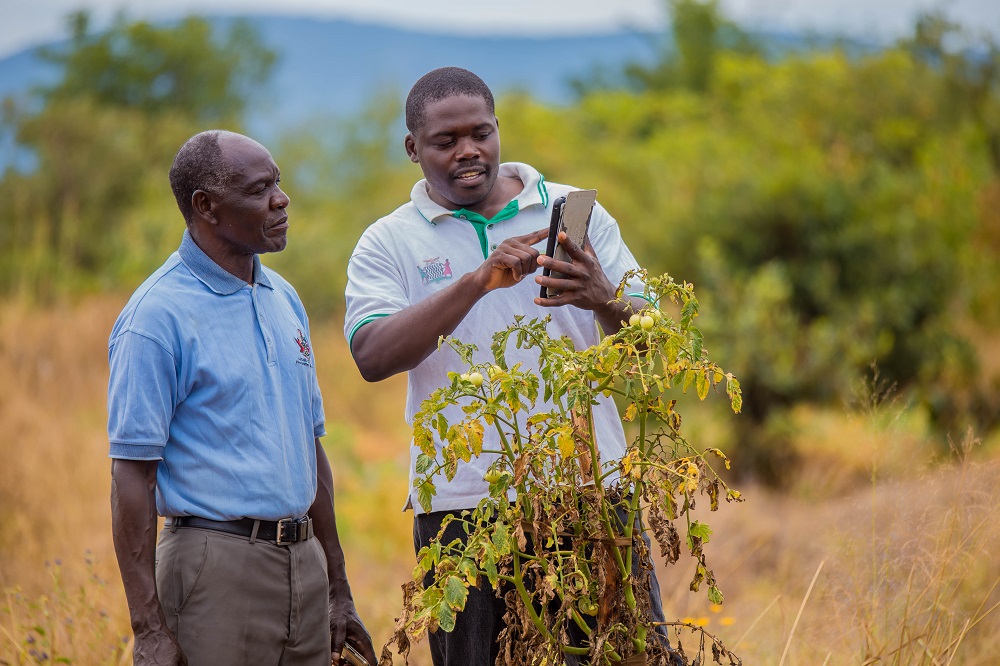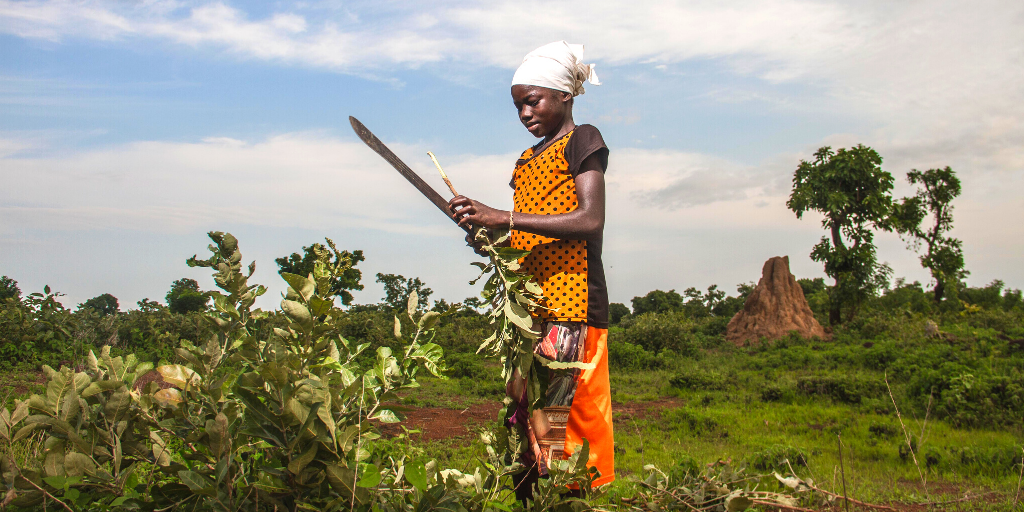Helping communities adapt to the impacts of climate change
To mark Earth Day on 22nd April, we’ve highlighted three of our stories on agriculture and climate change from the past year. The world is witnessing growing incidents of the new “normal” caused by global warming. No longer regarded as a future challenge to be faced in the next few decades, climate disruption is…
3 ways that preprints help researchers in agricultural and plant sciences
The use of preprints (pre-peer reviewed versions of scholarly papers) has accelerated in the last few years with many researchers now sharing their latest work with the scientific community before or in parallel to publication with a journal. After a slower start compared to other research fields, adoption of preprints in the plant sciences and…
agriRxiv’s top 10 most read preprints of 2020
As we start the new year, we’ve crunched the numbers1 and compiled the top 10 most read preprints on CABI agriRxiv in 2020. agriRxiv (pronounced ‘agri-archive’) is a free, open access source of unpublished preprints across the agricultural sciences, hosted by CABI. Preprints are drafts of research articles that authors share before submitting their final…
Adapting to a warming world
As countries around the world consider how to ‘build back better’ after the impacts of Covid-19, tackling climate change and shifting economies towards low-carbon pathways has played a prominent part in many policy discussions. But, to truly build back better, developing resilience to the impacts of climate change is also of paramount importance.
When you picture a farmer, are they a woman?
CABI has today published a briefing, Empowering female farmers – Gender responsive programming, which is an overview of gender inequality in agriculture, its challenges and impacts, and how CABI is working to address these through its projects and implementation now and in the future.
Insecticide threat to aquatic biodiversity highlighted in new study
Insecticides can be beneficial to humans in many ways, such as providing crop protection from disease and defoliation and as a tool used in the reduction of mosquitoes and other insects that can transmit diseases such as malaria, to humans. However, once they enter an aquatic system, the environmental costs can be very high. Just…







